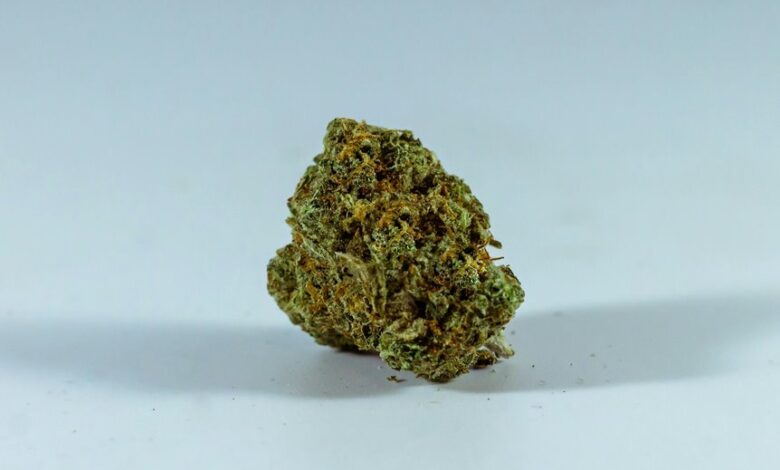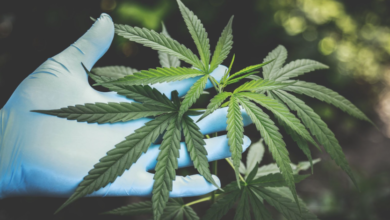Can You Mix CBD and Cold Medicine?

The combination of CBD and cold medicine presents a complex interplay that warrants careful consideration. CBD is known for its anti-inflammatory and analgesic properties, which might enhance the effectiveness of common cold remedies. However, potential interactions can alter medication metabolism, leading to unpredictable outcomes. Thus, understanding the implications of this combination is essential for those seeking relief from cold symptoms. What factors should one consider before proceeding with such a mix?
Understanding CBD and Its Effects on the Body
Cannabidiol (CBD), a prominent compound derived from the cannabis plant, has garnered significant attention for its potential therapeutic effects.
Research indicates that CBD benefits include pain relief, reduced anxiety, and anti-inflammatory properties.
However, determining the appropriate CBD dosage is crucial, as individual responses vary significantly.
Understanding these factors is essential for those seeking to harness CBD’s potential while maintaining personal autonomy in their health choices.
Common Ingredients in Cold Medicine
Cold medicine typically contains a variety of active ingredients designed to alleviate symptoms associated with respiratory infections, such as the common cold.
Common medicinal ingredients include antihistamines, which reduce nasal congestion; decongestants, which relieve sinus pressure; and cough suppressants, which manage persistent coughing.
Understanding these components is crucial for informed decision-making regarding the efficacy and safety of cold remedies in symptom management.
Potential Interactions Between CBD and Cold Remedies
While the therapeutic potential of CBD has garnered significant attention, its interaction with common cold remedies warrants careful consideration.
Research indicates that CBD interactions may alter the metabolism of certain cold medications, potentially enhancing or diminishing their effects.
This variability in cold remedy effects underscores the necessity for individuals to consult healthcare professionals before combining these substances to ensure safety and efficacy.
Benefits of Combining CBD With Cold Medications
As individuals seek effective relief from cold symptoms, the potential benefits of combining CBD with traditional cold medications become increasingly relevant.
CBD benefits include anti-inflammatory properties and potential analgesic effects, which may enhance overall cold relief.
Safety Considerations and Recommendations
The integration of CBD with cold medications necessitates careful consideration of safety and potential interactions.
Individuals should adhere to established dosage guidelines, as excessive use may exacerbate underlying health conditions.
Furthermore, consulting healthcare professionals is advisable to evaluate personal health circumstances and mitigate risks.
Awareness of how CBD may influence the efficacy of cold medications is essential for informed decision-making.
Conclusion
In conclusion, while the potential benefits of combining CBD with cold medicine may resemble a well-orchestrated symphony, caution is paramount. The intricate interplay between CBD and cold remedies necessitates careful consideration of individual responses and possible interactions. Consulting a healthcare professional acts as a guiding conductor, ensuring that this combination harmonizes effectively without discordant effects. Ultimately, informed decisions will lead to optimal symptom relief while safeguarding health.




